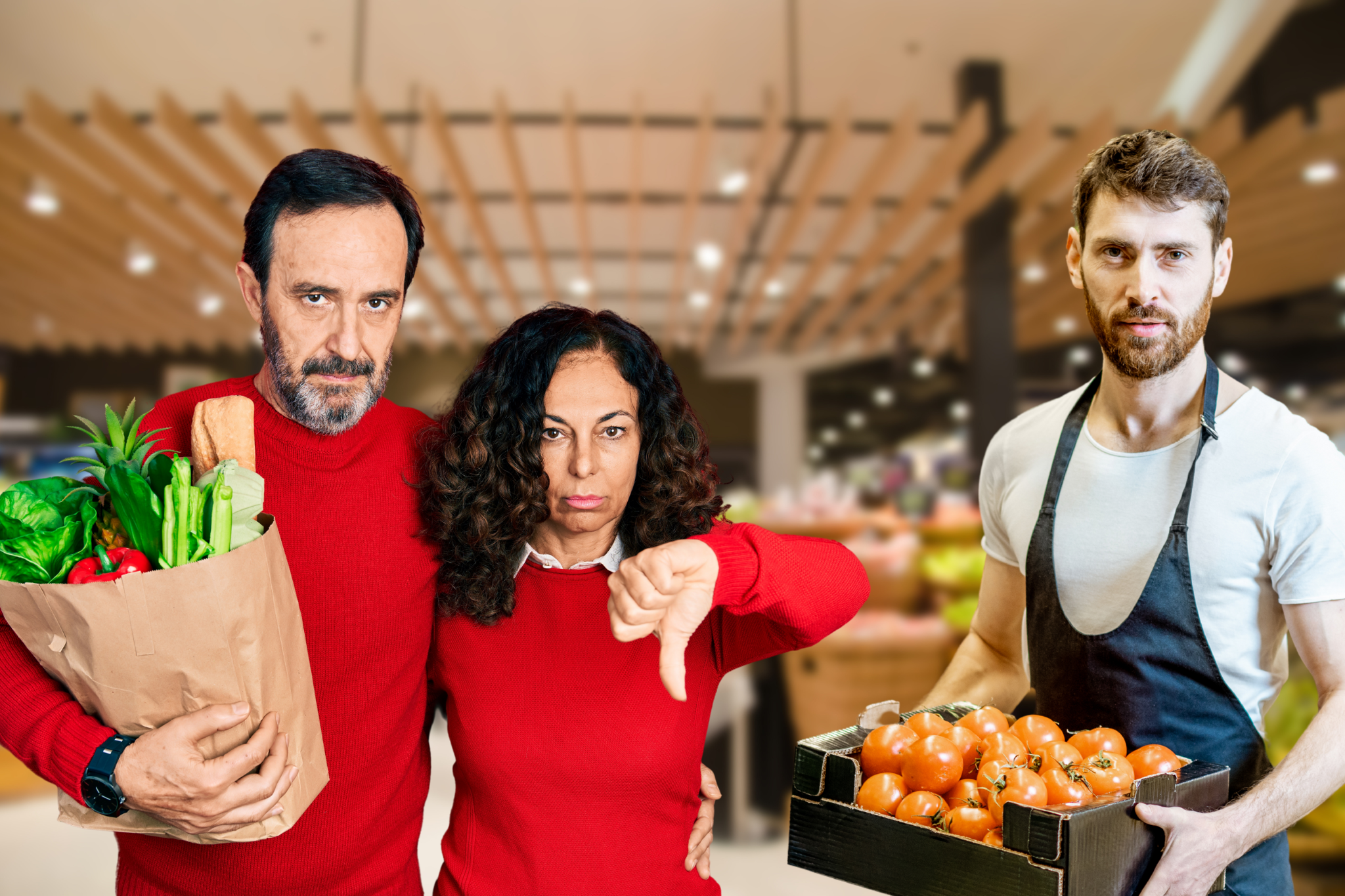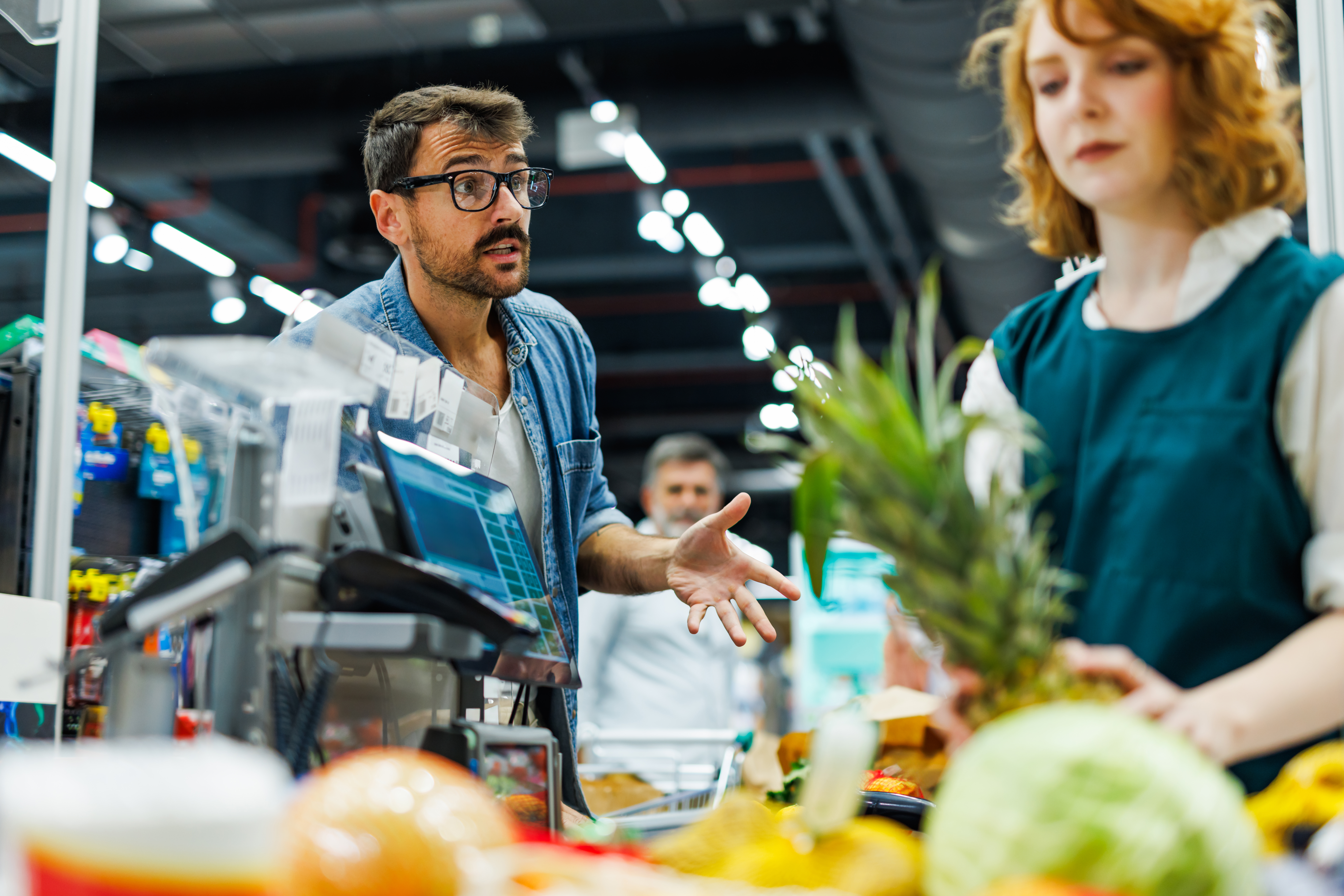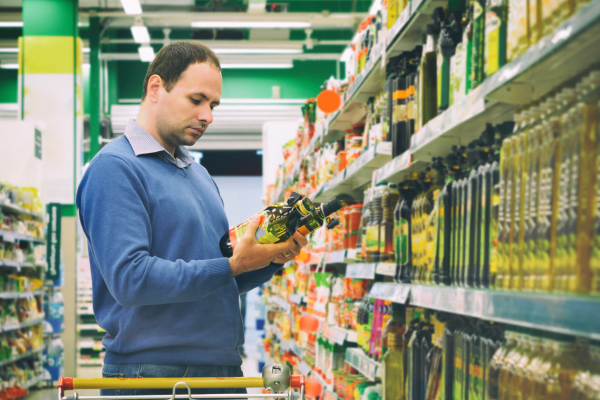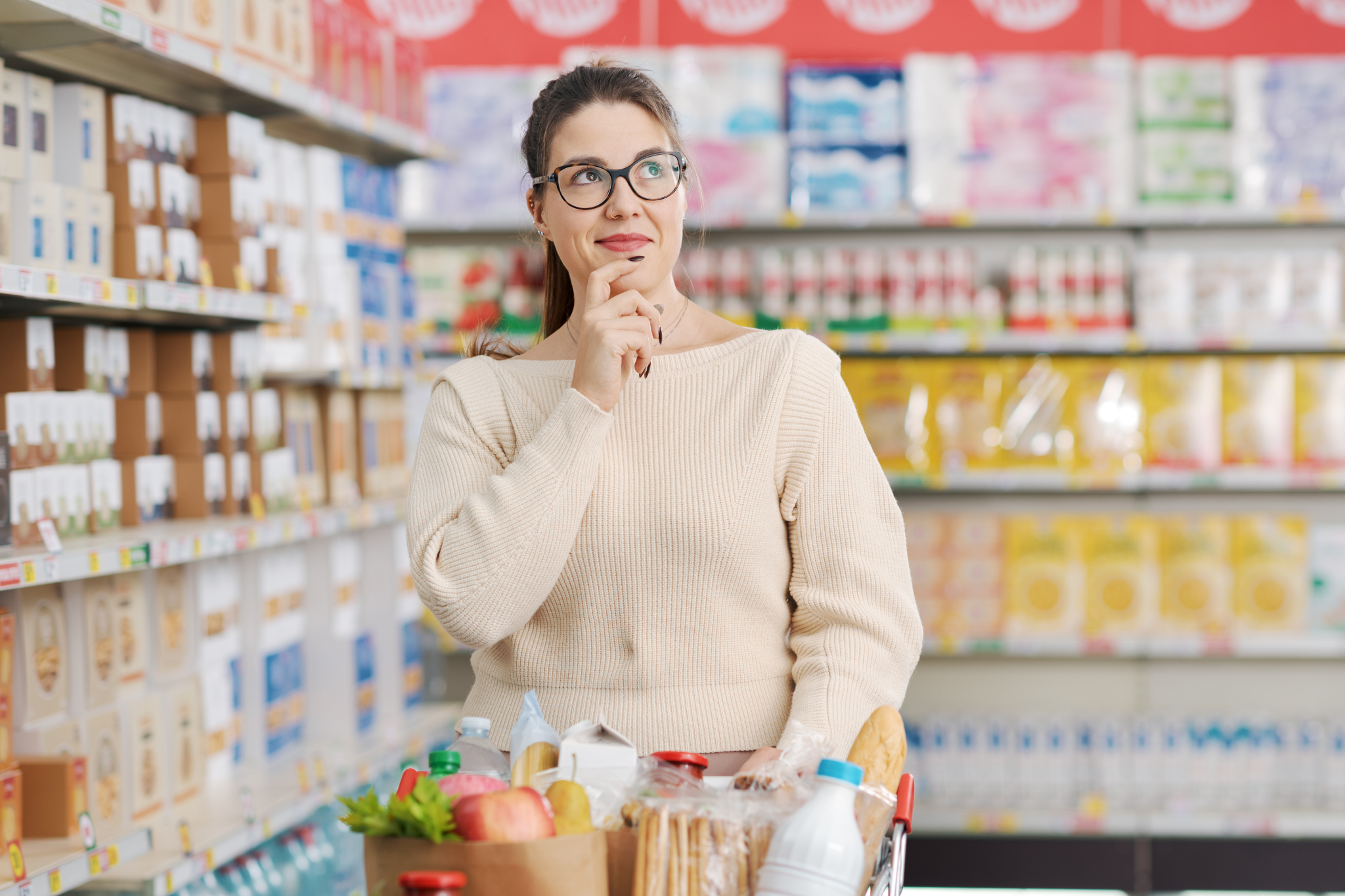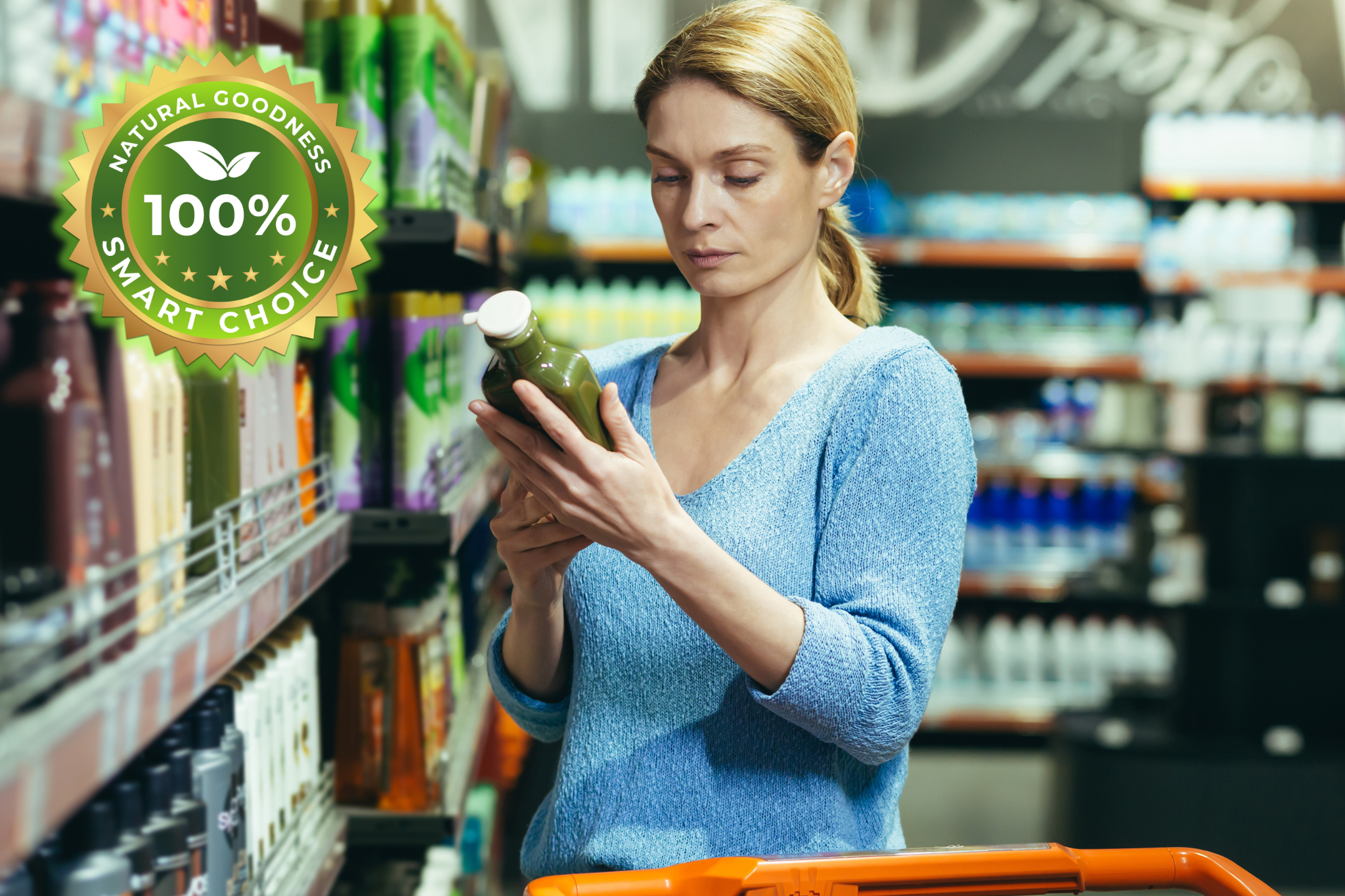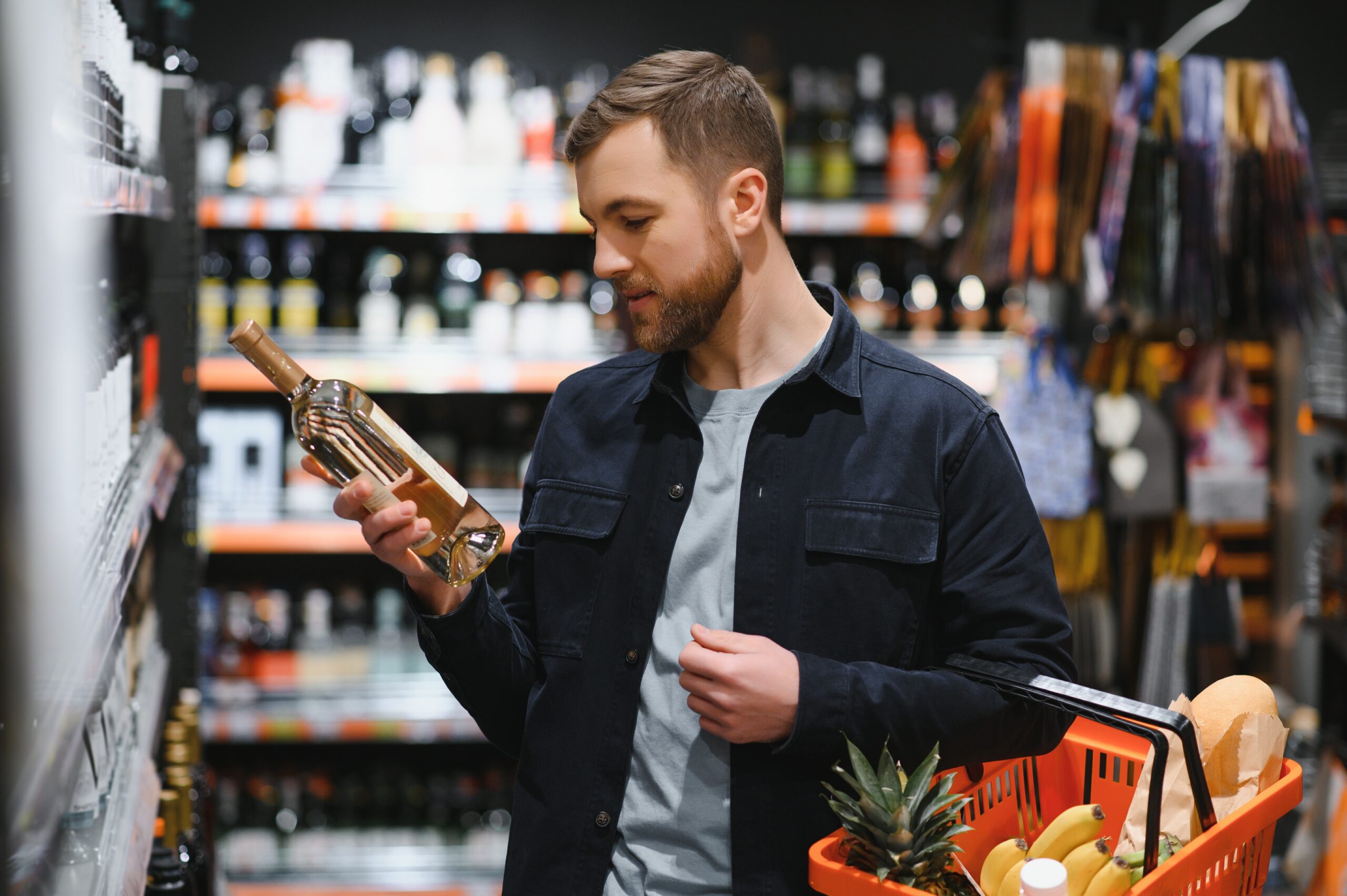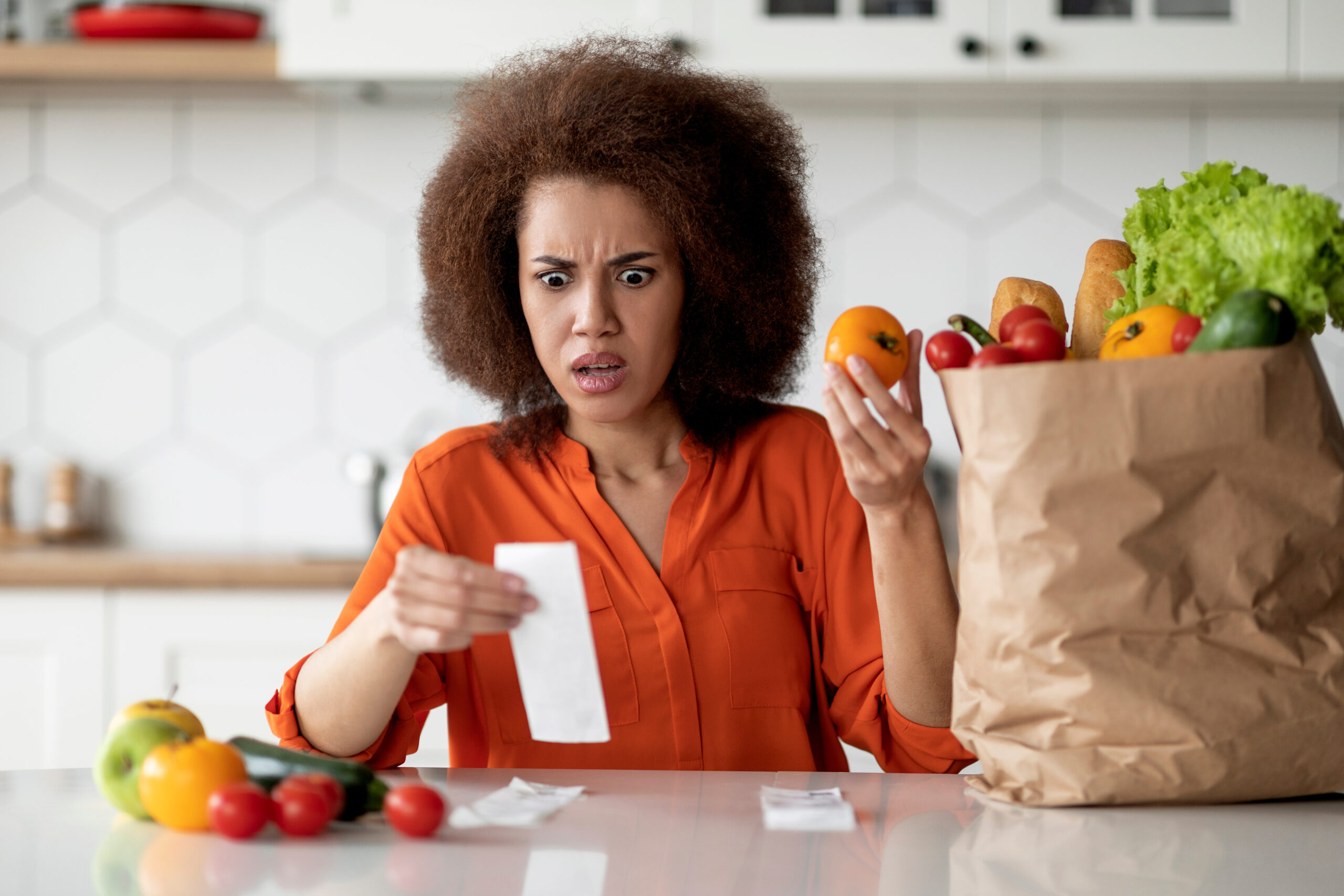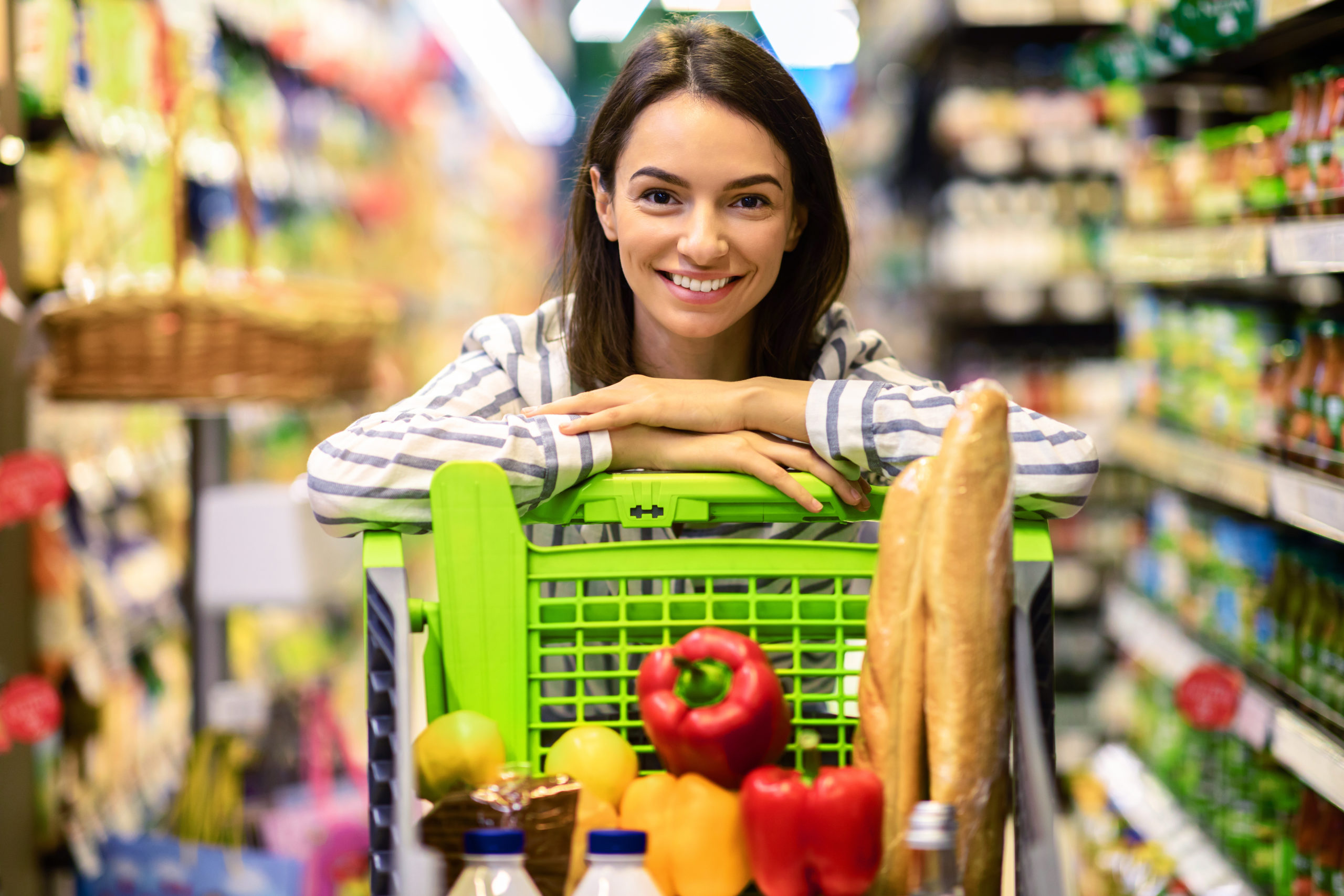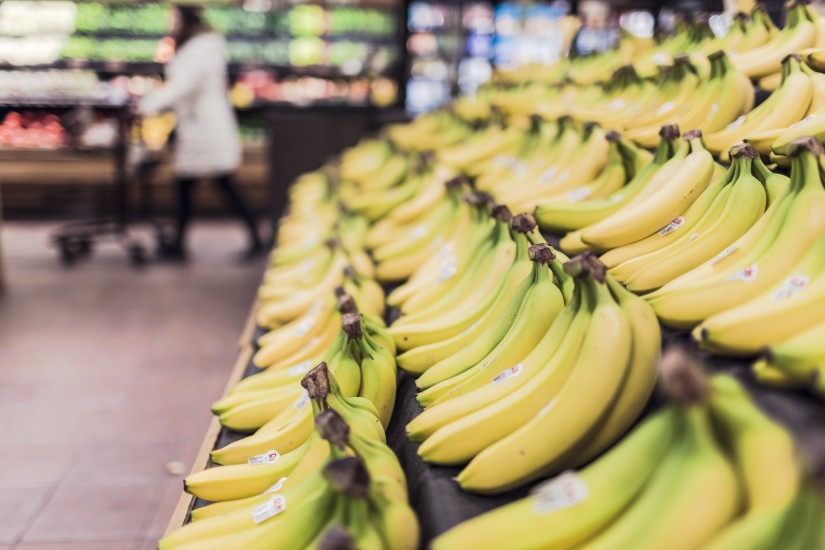How to make a complaint against a supermarket
Have you bought grocery items that have gone off well before the expiry date? Been charged more at the checkout for an item marked much cheaper on the shelves? Or had your online supermarket order cancelled without explanation? These are all good reasons to know how to make a complaint against a supermarket.
Checking out: Complaints about supermarket customer service
Australian shoppers have been complaining for many years about the rising cost of groceries, but they are also far from happy about how they are treated at supermarkets. We receive more complaints about supermarket customer service than we do prices.
Supermarket complaints: What every shopper should know
When most of us are forking out more than 20 percent of our weekly income for groceries, we expect to get value for money and good service. But given the volume of supermarket complaints, it’s clear many Australians don’t feel they are receiving either.
Sales alert: Spotting supermarket price discrepancies
Lizzy was excited when she saw her regular brand of coffee bearing a 40 percent off tag at Woolworths. Peter had a similar feeling when he spotted a half price tag against Nature’s Coffee. But it didn’t take long for either to spot the supermarket price discrepancies.
Supermarket discounts: How special are specials?
We have all fallen for supermarket discounts, from ‘buy one, get one free’ inducements to promises of ‘everyday low prices’.
Red alert: What you should know about greenwashing
As environmental awareness increases in Australia, we want to know that our purchasing choices matter. Any business proudly proclaiming its green credentials on its packaging should be able to back those claims up. In fact, it is legally required to do so.
Food fraud: Are you eating what you paid for?
With groceries costing more than ever, at the very least, you would expect to get what you paid for.
But the food we buy isn’t always what it says on the packaging. Whether it’s cheap olive oil sold as extra virgin, beef passed off as veal, or drinks watered down, food fraud is more prevalent than you might think.
Grocery gripe: Why does food cost so much more?
With everything from fuel, utility, to grocery bills rising constantly, Australians are watching their pennies – cutting back on luxuries, leaving heaters off, adding more blankets in winter, and catching the bus instead of driving.
But food isn't just another bill—it's a necessity. We have to eat, ideally healthily - shunning fast food and snacks in favour of fruit and vegetables, lean meat and seafood. But with food prices increasing an average of eight percent a year (many items have risen a lot more), the grocery bill is taking a bigger and bigger slice out of household budgets each week.
Trolley folly: How to win the grocery game
Ever gone to the grocery store with a list of five or six things you need and walked out with double, if not triple that? You’re far from alone.
Of course, once you’re there you might remember something else you need. Or something you usually buy is half price, so you can't resist the deal and buy a couple. And then there’s the impulse buy so many of us are guilty of.
The science of buying groceries
Supermarkets employ a range of ‘buy more’ strategies including bulk purchase deals, reward programs and mood music. Shoppers can save money and avoid temptation simply by being aware of the strategies supermarkets use to encourage spending.
Supermarkets have done their research, they know that store layout and product placement are key to encouraging shoppers to buy more of certain products. There is a reason staple items such as bread and milk are at opposite ends of the supermarket. But it goes beyond that, flowers and baked goods are often found at the supermarket’s entry as things that smell good put us in a good mood and we’re likely to buy more.


